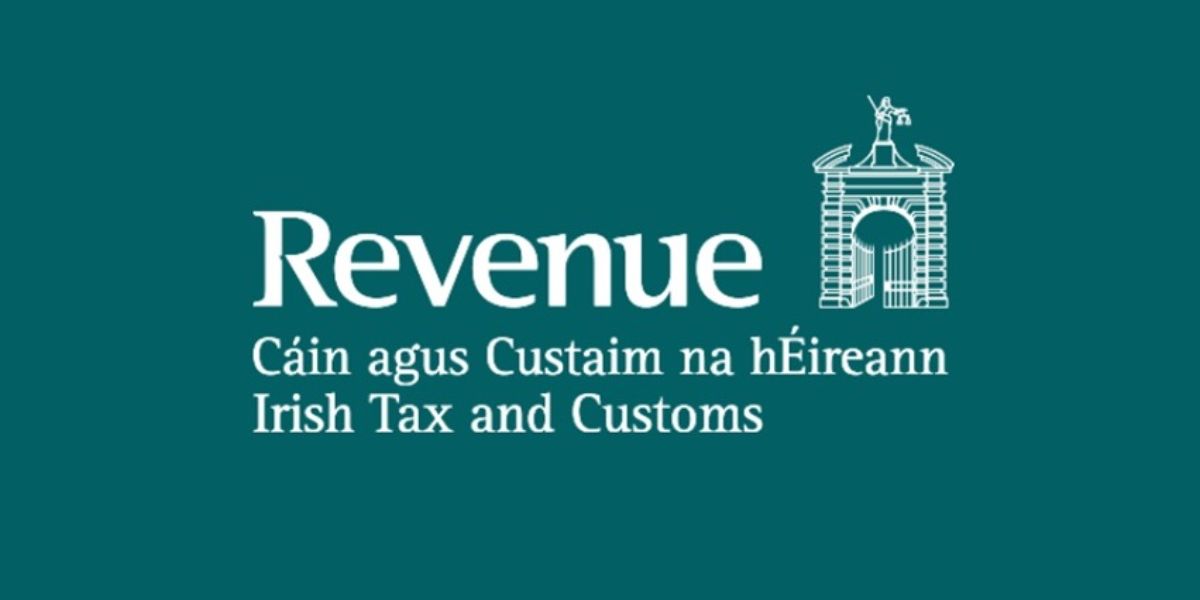On 12 October 2021, the Finance Ministry presented Budget 2022, which covers the following tax measures:
- The new minimum effective corporation tax rate will be 15%. However, Ireland will continue to offer the 12.5% rate for businesses with revenues less than €750m. This means that there will be no change in the tax rate for 160,000 businesses which employ 1.8m people.
- As part of Ireland’s commitment to implementing ATAD, the Finance Bill will provide for new interest limitation rules. These rules are intended to limit base erosion through the use of excessive interest deductions. The rules will take effect for accounting periods of companies beginning on or after 1 January 2022.
- To complete Ireland’s transposition of Anti-Tax Avoidance Directive 2 (ATAD2), the anti-reverse hybrid rule will take effect from 1 January 2022. This will address tax mismatches that arise in certain circumstances where an entity is a reverse hybrid entity.
- The weekly income threshold for the higher rate of employer’s PRSI increasing from €398 to €410 from 1 January 2022.
- The employment wage subsidiary scheme remaining in place in a graduated form until 30 April 2022.
- The extension of the Pandemic Unemployment Payment (“PUP”) until the end of January 2022.
- The tax debt warehousing scheme will be expanded to allow self-assessed income taxpayers who have a material interest in their employer company to warehouse income tax liabilities relating to their Schedule E income from that employer company.
- The commercial rates waiver was extended until 31 December 2021 for specific sectors including the hospitality, arts and tourism-related sectors.
- The retention of the reduced VAT rate of 9 per cent for the hospitality sector to the end of August 2022.
- The extension of the Employment and Investment Incentive Scheme (“EIIS”) for a further three years. The scheme will also be amended to make it more attractive to investors. This will ultimately benefit companies in their start-up years and the economy through job creation. These amendments include opening the scheme to a wider range of investment funds, removal of the 30 per cent expenditure rule and subject to certain conditions relaxing the rules around the “capital redemption window” for investors.
- The Benefit in Kind exemption for battery electric vehicles was extended to 2025 with a tapering effect on the vehicle value.
- The EU Alcohol Directive permits the granting of up to 50 per cent excise relief to independent small producers of cider and other fermented drinks products. In the light of this, the Minister requested that his officials engage with the sector to allow the implementation of this relief in next year’s Finance Bill.
- The introduction of a new tax credit for the digital gaming sector. The relief will be available at a rate of 32% on eligible expenditure of up to a maximum limit of €25m per project.















